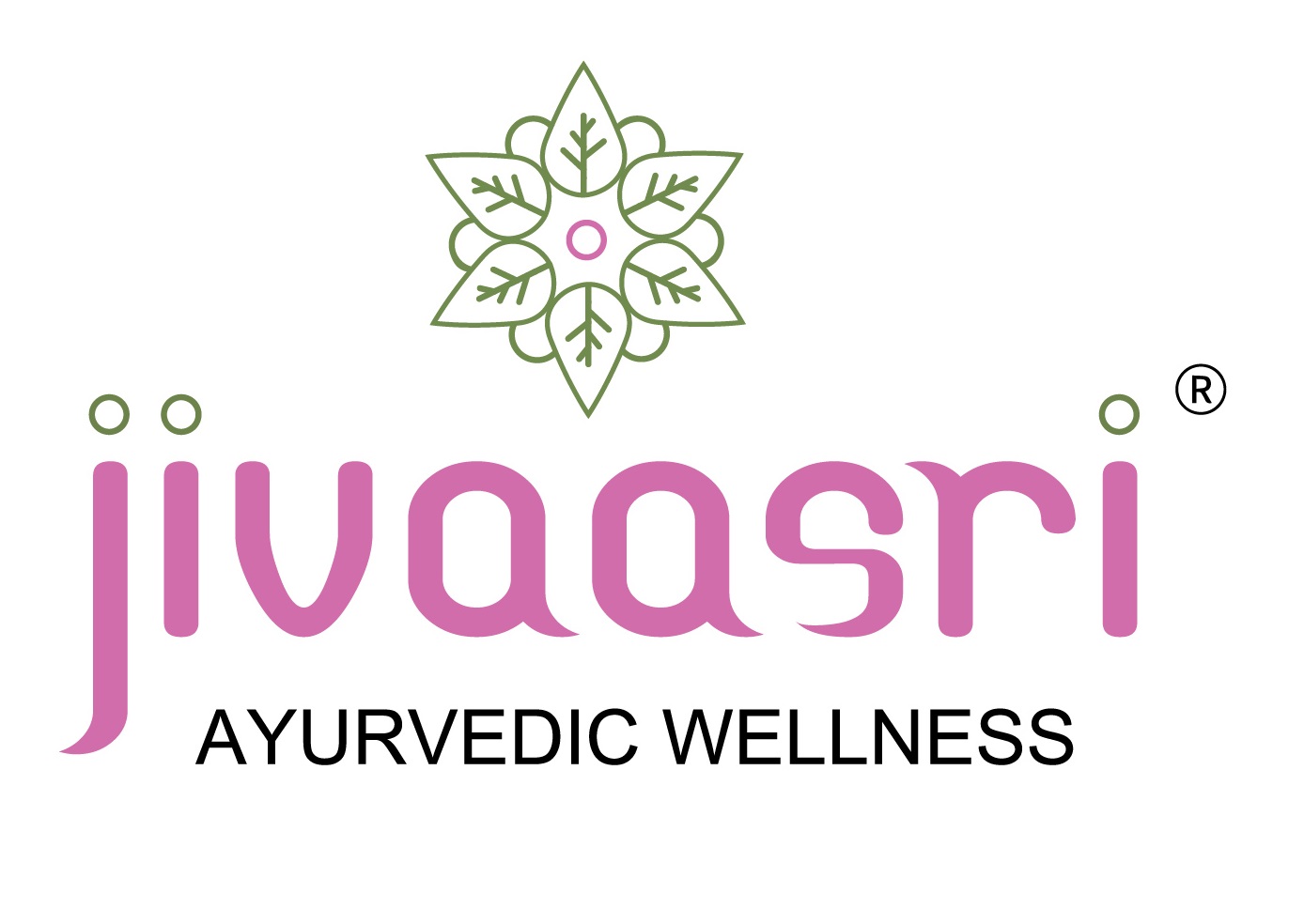An Ayurveda Approach to Stress and Depression
Mental illness is a cause of major concern, which has taken the lives of many innocent souls. Despite various advances made in the field of mental health, every 3 out of 10 persons are suffering from mental diseases. The two most common forms of mental diseases are stress and depression.
Medical Science has come up with many effective medicines for treating these disorders, yet there are many circumstances where they remain untreated. Moreover, the side effects caused by these medicines are also not good for the human body. Further, the duration of treatment sometimes takes too long. It is quite harmful to keep consuming these medicines for such a long period of time.
Ayurvedic approach to Stress and Deprssion
Mental Health is one of the major branches of Ayurveda. There is no magical formula in any medicinal treatment for treating stress and depression. However, Ayurveda is the safest one with absolutely no side effects on the body.

Types of Ayurvedic treatment for stress and depression
1. Herbal Remedies
Ayurvedic treatment for stress and depression are done with herbal medicines having an effective impact on the mental functioning of humans. They are highly beneficial for the reduction of mental related illness like stress, anxiety, and depression. These herbal preparations calm the mind and soul from within.
These herbal formulations also help in cleansing our body and soul keeping them free of toxins, blockages, overthinking, temper, aggressiveness and more. As a result, the mind becomes more alert, focused, and strong and does not fall prey to mental illnesses that easily.
2. Panchakarma
The term “Panchakarma” is derived from the Sanskrit terms “Pancha” meaning five and “Karma” meaning duty. It is a powerful Ayurvedic technique, which helps in purifying the mind and body. This technique helps in improving five vital organs of the body.
The treatment begins with identifying the root cause of stress or depression and then treating the same based on the cause. Panchakarma involves performing five therapies for detoxifying the body for improved mood and mental clarity. The five therapies are as follows:
- Vamana: Cleansing of the respiratory tract.
- Virechana: cleansing of liver and gall bladder.
- Nasya: cleansing head and neck through the nose.
- Basti: Cleansing the body through the urinary or anal channel.
- Raktamokshana: cleansing impure blood from the body.
3. Yoga and Pranayama
Yoga involves performing several asanas to cure stress and depression. These exercises increase hormones like serotonin and endorphins, which develop a cheerful mood. They also make the body flexible, lean and help in physical development.
Pranayama includes several deep-breathing techniques. These techniques help in blood circulation to the brain and release important hormones in the body.
4. Meditation
With the help of deep meditation, one can develop stress and tension free mind. With meditation, we develop a better understanding of our inner self. All our cravings and desires from the outward world get reduced, which helps in developing deep satisfaction with oneself. With satisfaction comes better mental peace.
Why Ayurveda is a better choice?
- The application of natural and herbal medicines reduces the chances of side effects.
- Ayurveda works best for people who have developed a resistance to antibiotics and other allopathic medicines.
- Ayurveda will be a safe option to treat mental illness in children and old people, who are more sensitive to allopathic medicines.
- Ayurveda focuses on improving the overall health of the patient by promoting a healthy diet and lifestyle.
- Yoga and meditation are helpful for our bodies in amazing ways. They become a daily habit for patients. Besides helping in removing the root cause of the mental illness, they will also prevent them from recurring.


